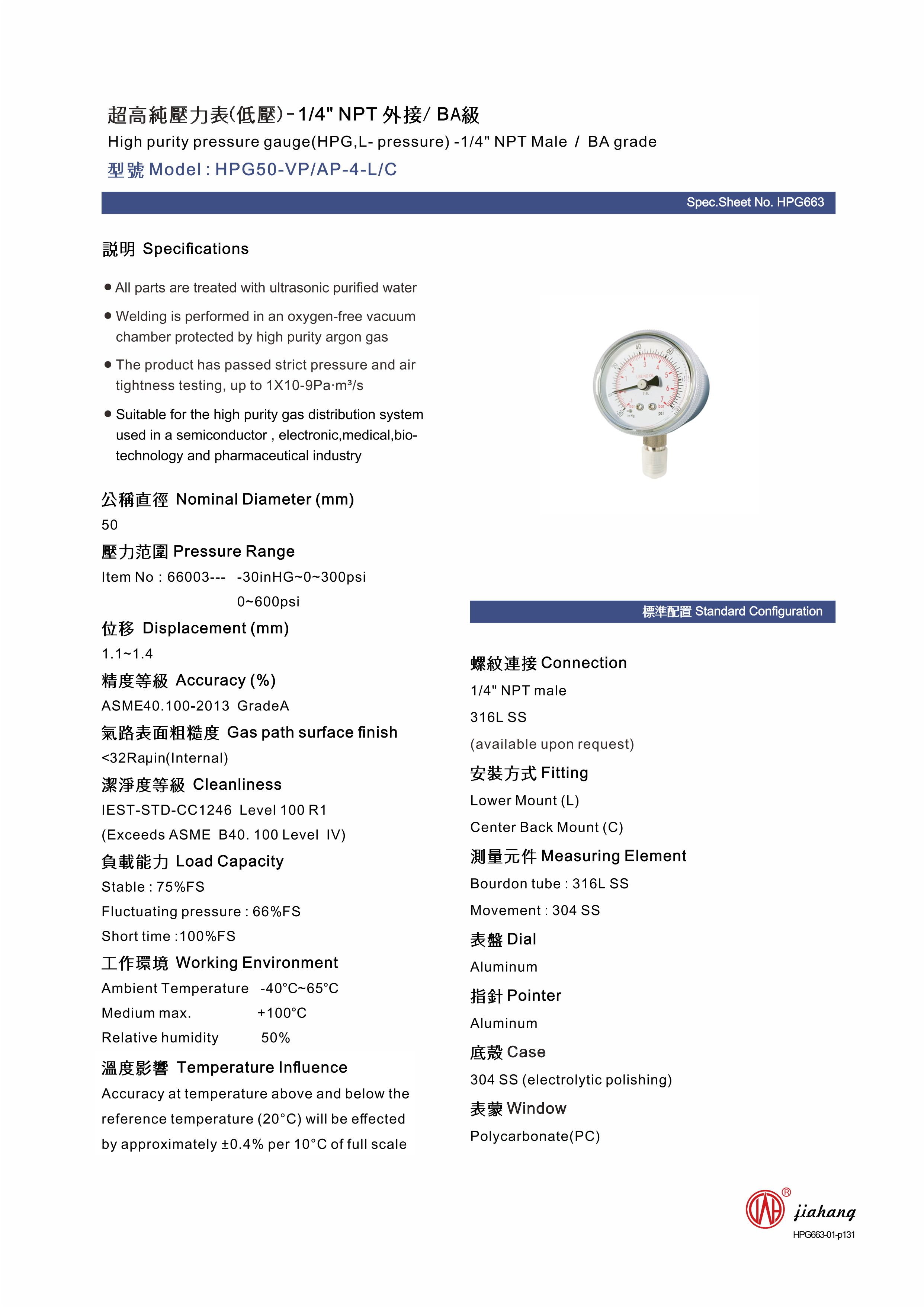
11 月 . 29, 2024 13:08 Back to list
Understanding Custom Static Pressure in Differential Pressure Gauges for Accurate Measurements
Understanding Custom Static Pressure in Differential Pressure Gauges
Differential pressure gauges are essential instruments used in various industries to measure the pressure difference between two points in a system. These devices help in ensuring optimal performance, safety, and efficiency in processes such as fluid flow, filtration, and HVAC systems. One crucial aspect of their functionality is the customization of static pressure readings, often referred to as custom static pressure. This article delves into the principles behind differential pressure gauges, the significance of custom static pressure, and its applications.
What is a Differential Pressure Gauge?
A differential pressure gauge measures the pressure difference between two points. It typically consists of a sensing element, a display, and calibration settings that can be tailored to specific needs. Traditional applications include monitoring filters in air and liquid systems, checking pressure drops across equipment, and ensuring proper airflow in ventilation systems.
The operation of these gauges is based on Pascal's principle, which states that pressure applied to a confined fluid is transmitted undiminished throughout the fluid. By measuring the differences in pressure, the gauge provides vital data that can indicate performance issues, leaks, or blockages, allowing for timely maintenance and corrective actions.
The Importance of Custom Static Pressure
Custom static pressure in a differential pressure gauge refers to the ability to set or adjust the static pressure reference point used in readings. This customization is crucial for several reasons
1. Enhanced Accuracy Different applications may require unique reference points to ensure accuracy. Customizing the static pressure allows for calibrated readings that are tailored to the specific conditions of the system being monitored.
2. Improved Measurement Range By setting a custom static pressure, operators can extend the measurement range of the gauge. For instance, in high-pressure environments, adjusting the static reference can help in accurately reading smaller differential pressures that would otherwise be lost in the noise of the system.
3. Application Specificity Various industries have different requirements for pressure measurement. For example, in HVAC systems, maintaining a specific pressure differential is crucial for performance. Custom static pressure settings enable engineers to align gauge functionality with the operational needs of their specific applications.
custom static pressure in differential pressure gauge

4. Data Integrity When pressure variations in the system are constant, a customized static pressure setting maintains data integrity. This is particularly important in research and development environments, where precision is critical.
Applications of Custom Static Pressure in Differential Gauges
Characterizing the benefits of custom static pressure in differential pressure gauges leads us to consider its diverse applications
- HVAC Systems These systems rely on precise measurements to ensure that air flow is optimal across ducts, filters, and coils. A custom static pressure setting allows facilities managers to calibrate and maintain system efficiency, resulting in energy savings and improved comfort levels.
- Filter Monitoring In industries like pharmaceuticals or food processing, maintaining clean filters is essential for product integrity. Custom static pressure readings can help monitor filter efficiency, ensuring that cleaning or replacement occurs at the right time.
- Process Control In chemical manufacturing, maintaining differential pressure across reactors and separators is critical for process stability. Custom static pressures help in managing these parameters, ensuring safety and reliability in manufacturing processes.
- Medical Devices In healthcare settings, differential pressure gauges are used in various equipment, such as ventilators and anesthesia machines. Customizing static pressures enhances accuracy and effectiveness, contributing to patient safety and treatment efficacy.
Conclusion
In summary, the concept of custom static pressure in differential pressure gauges plays a pivotal role in enhancing the functionality and reliability of these vital instruments. From improving accuracy and extending measurement ranges to ensuring application specificity and data integrity, the customization of static pressure settings is a critical factor in various sectors. Whether in HVAC systems, filtration processes, or medical devices, understanding and leveraging custom static pressure will lead to improved operational efficiency, safety, and performance in numerous applications. As industries continue to evolve, so too will the capabilities and functionalities of differential pressure gauges, ensuring they remain indispensable tools in modern engineering and process management.
-
Fluke Differential Pressure Gauges Precision Instruments for Industrial Use
NewsMay.25,2025
-
WIKA Differential Pressure Gauge 700.01 - High Accuracy & Durable Design
NewsMay.25,2025
-
Diaphragm Pressure Gauges High-Accuracy & Durable Solutions
NewsMay.25,2025
-
High-Accuracy Differential Pressure Gauge Diaphragms OEM Factories & Services
NewsMay.24,2025
-
Water Fire Extinguisher Pressure Gauge Durable Supplier Solutions
NewsMay.24,2025
-
Handheld Digital Differential Pressure Gauge Portable, High-Accuracy & Real-Time Data
NewsMay.24,2025
